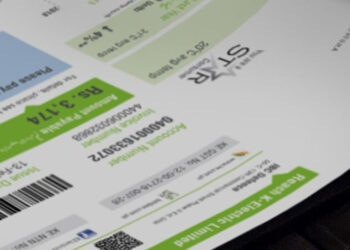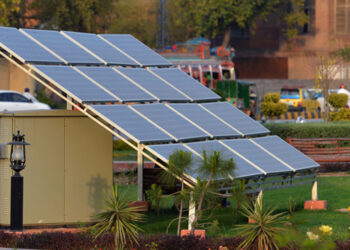Weekly inflation in Pakistan saw a slight decline for the second straight week, with official data on Friday showing prices of key food items continuing to shift unevenly.
The Sensitive Price Indicator (SPI), which tracks the cost of 51 everyday essentials, dropped 0.11 per cent for the week ending June 12, according to the Pakistan Bureau of Statistics (PBS). On a year-on-year basis, the SPI was down 1.41 per cent, an unusual development in a country where food and fuel costs have kept inflation persistently high.
The latest numbers reflect a mixed picture for households already squeezed by months of price pressures. Items such as chicken and garlic saw notable declines, while vegetables like tomatoes and potatoes jumped sharply.
Among the 51 tracked goods, prices of 15 items rose, nine fell, and the rest remained unchanged.
Chicken prices dropped by more than 11 per cent this week, while garlic became cheaper by nearly 6 per cent. Pulses, a staple for many low-income households, also saw minor declines. Cooking oil, wheat flour and LPG registered slight reductions.
But any relief was offset by sharp increases in other essentials. Tomatoes surged nearly 20 per cent, potatoes rose over 9 per cent, and onions were up 3.2 per cent. Prices of bananas, eggs, powdered milk, and sugar also ticked higher.
Looking at the broader trend, annual inflation as measured by the SPI fell by 1.41 per cent compared to the same week last year, helped largely by double-digit declines in several high-consumption items.
Onions are now over 60 per cent cheaper than they were a year ago. Electricity bills for the first quarter fell more than 40 per cent. Garlic, tomatoes, wheat flour and pulses also posted noticeable year-on-year reductions.
However, not everything is cheaper. Eggs are 31 per cent more expensive than a year ago, sugar is up nearly 24 per cent, and bananas cost around 16 per cent more. Prices of some household items, including women’s sandals and lawn fabric, also rose sharply.


































